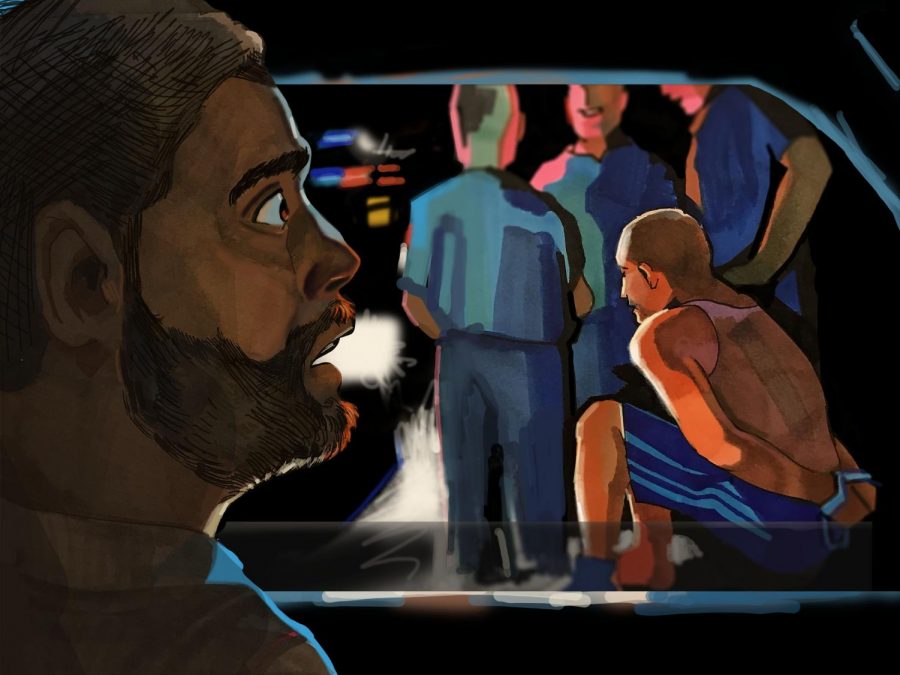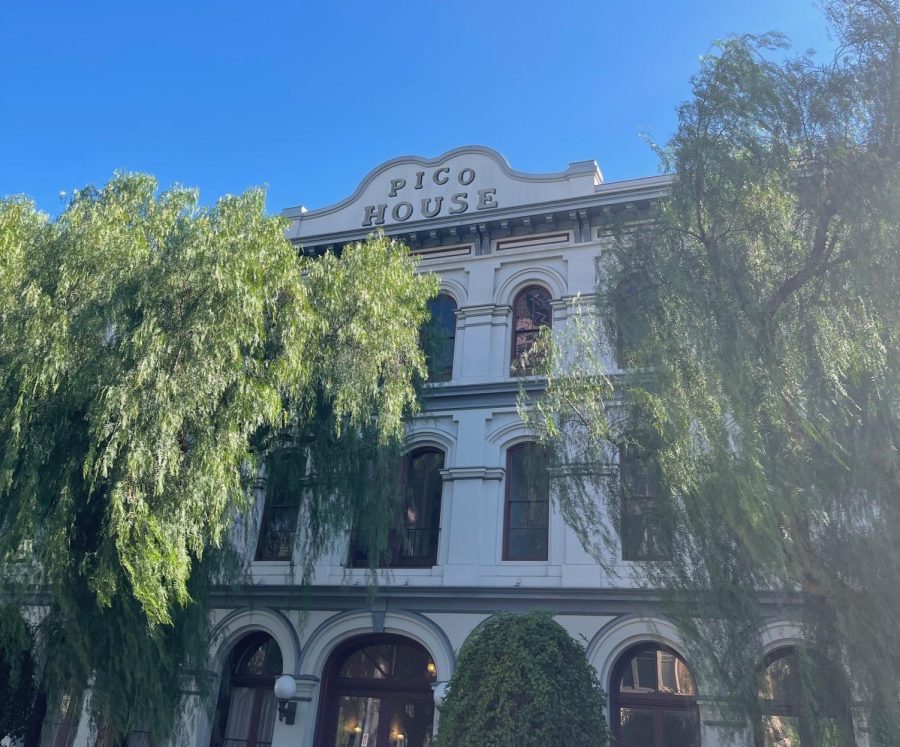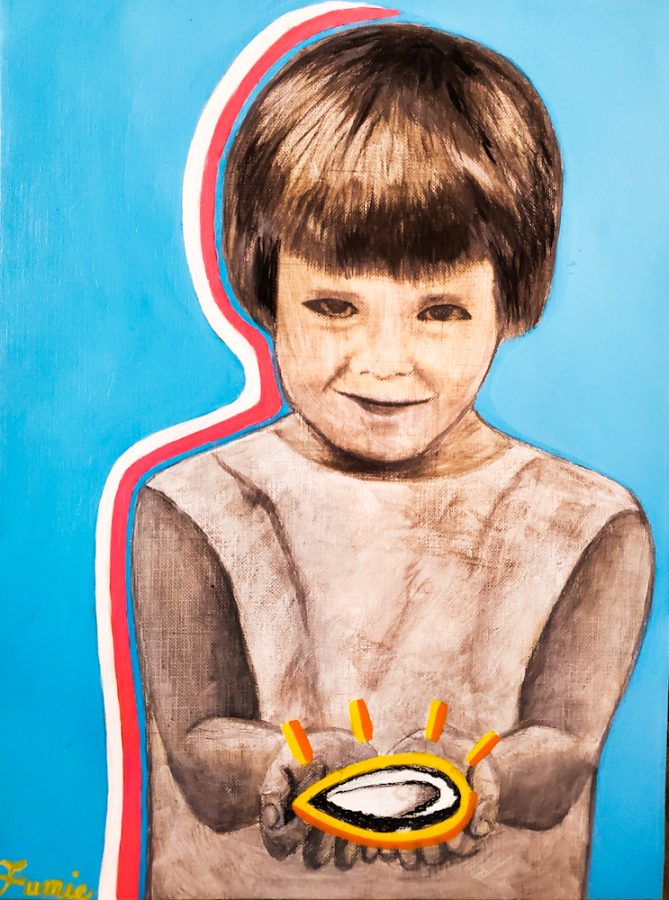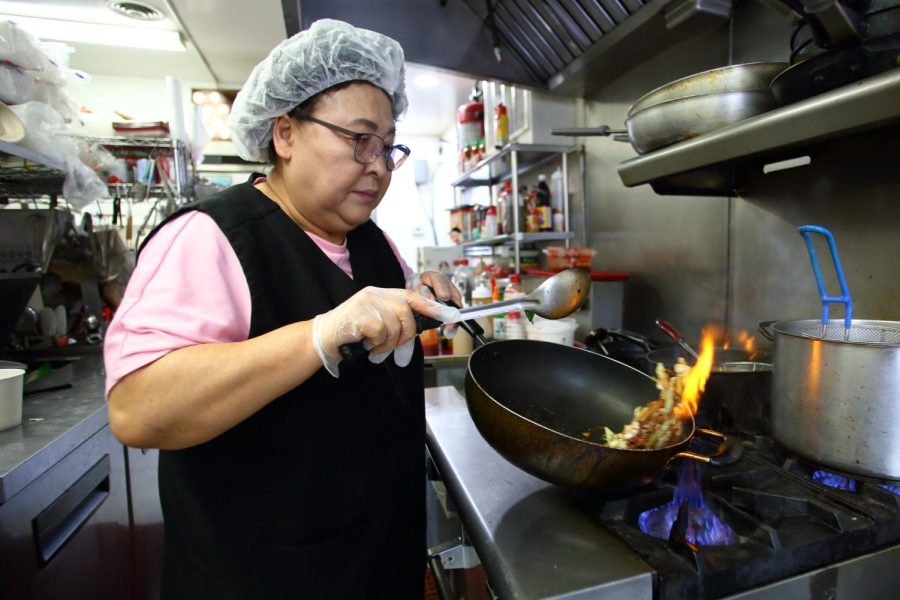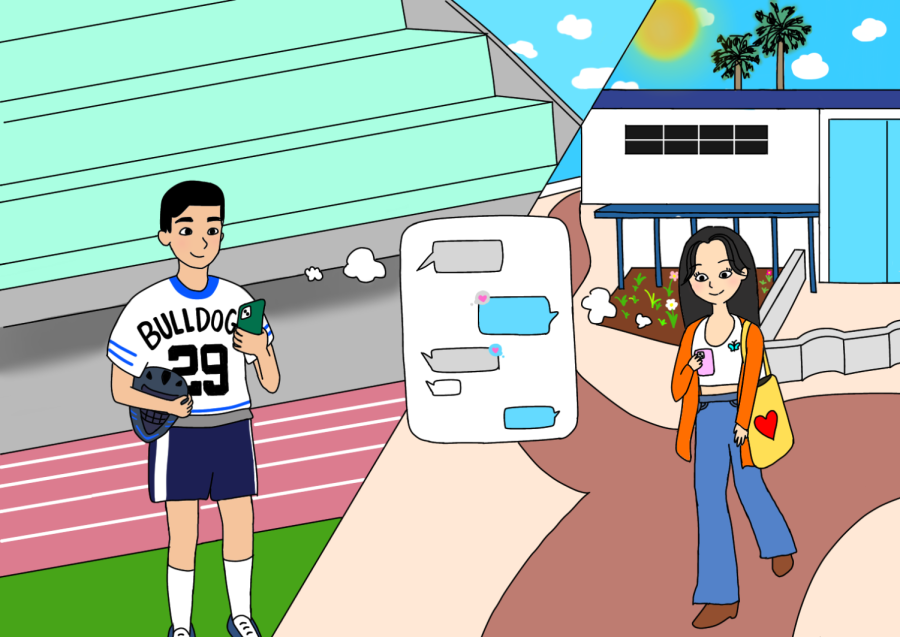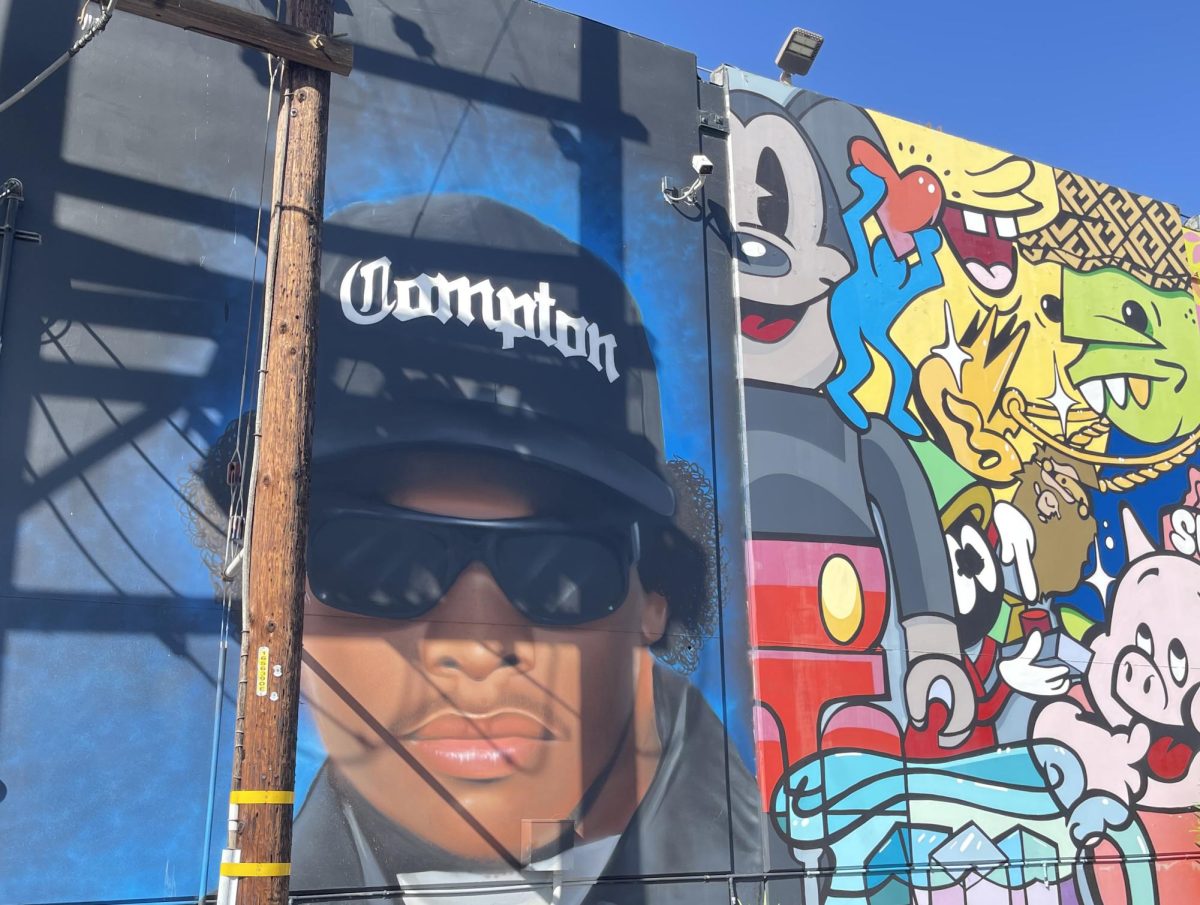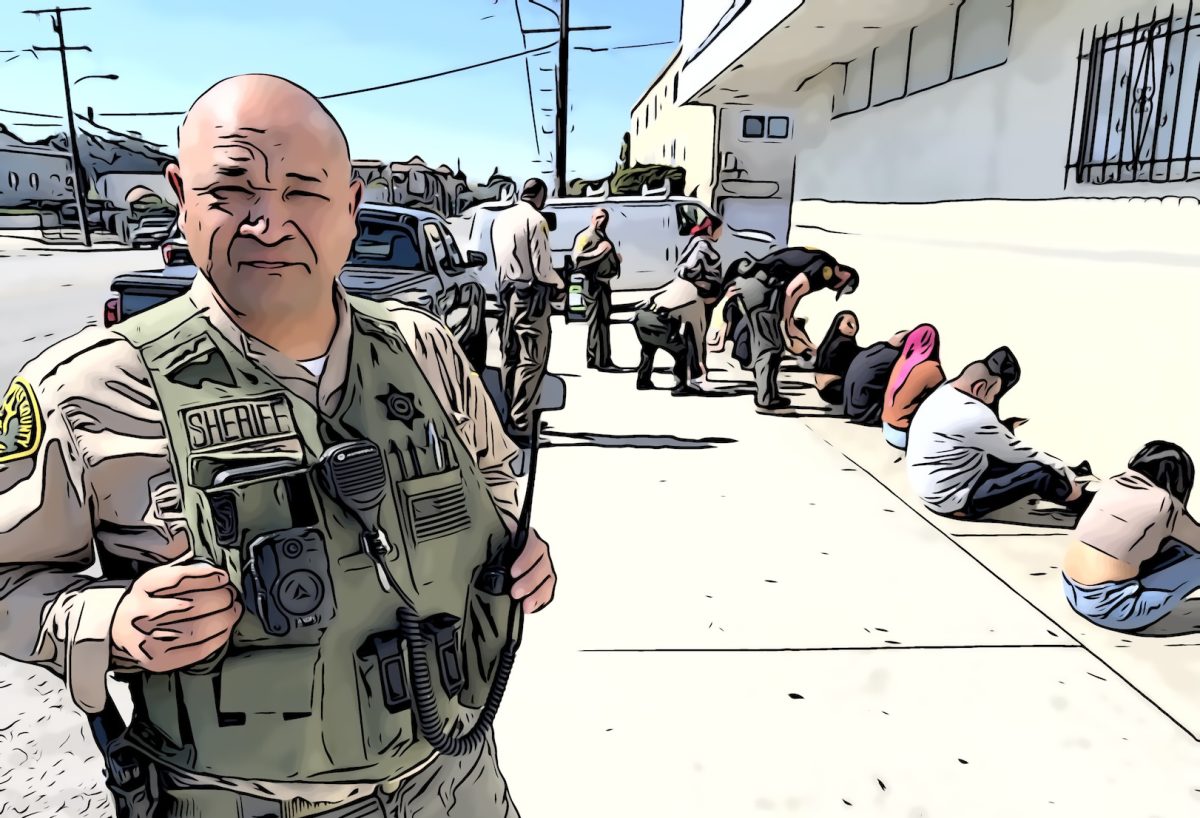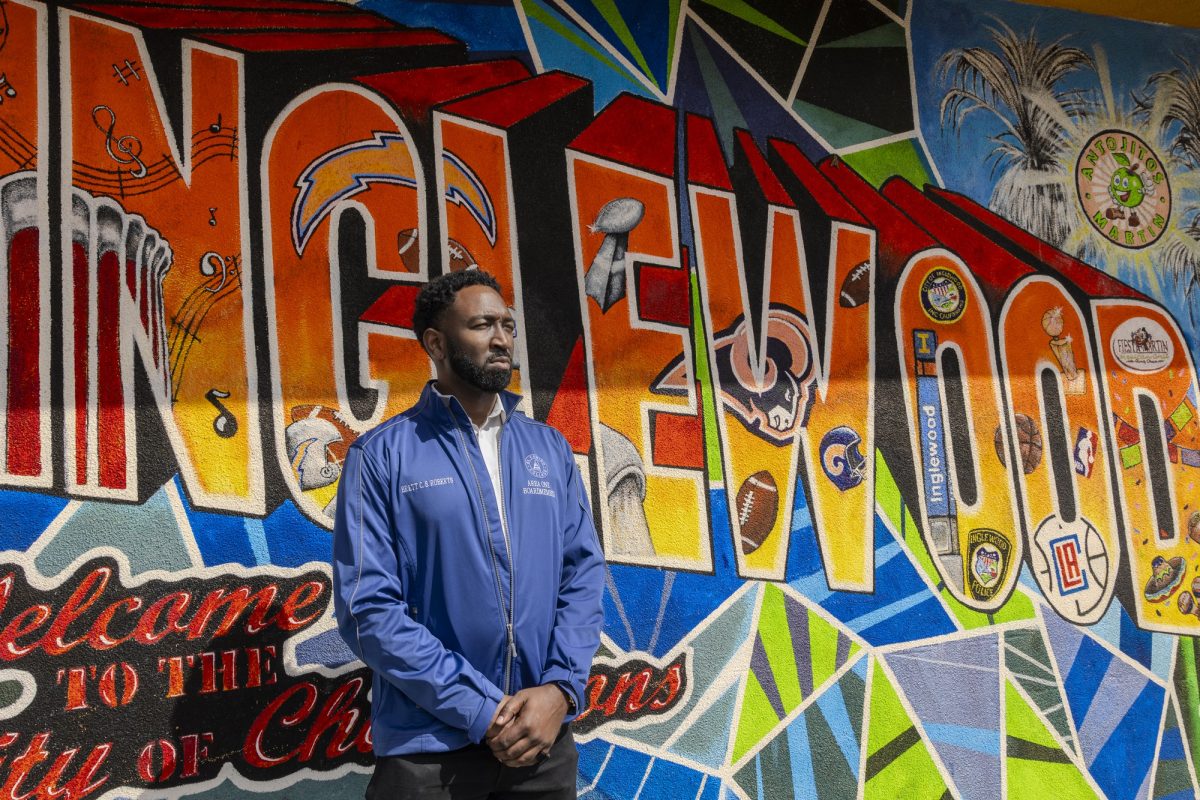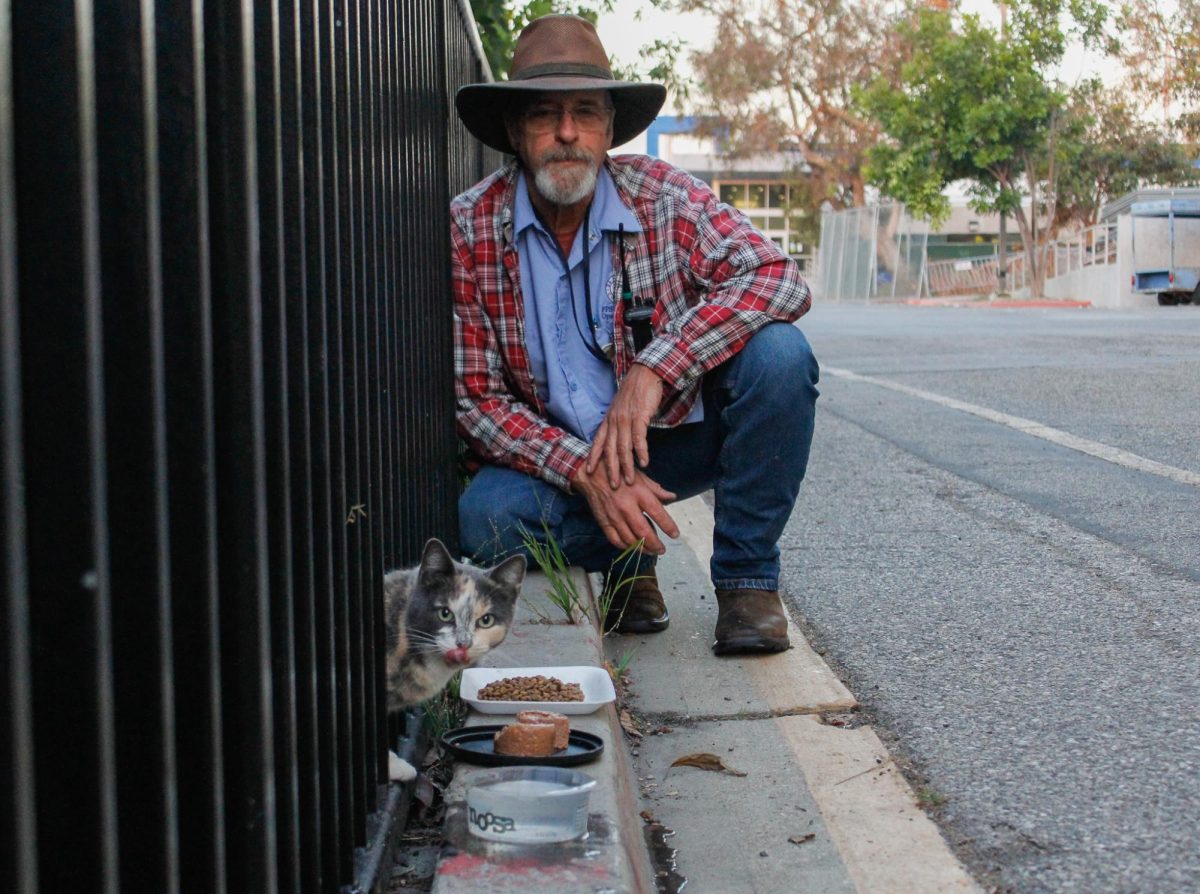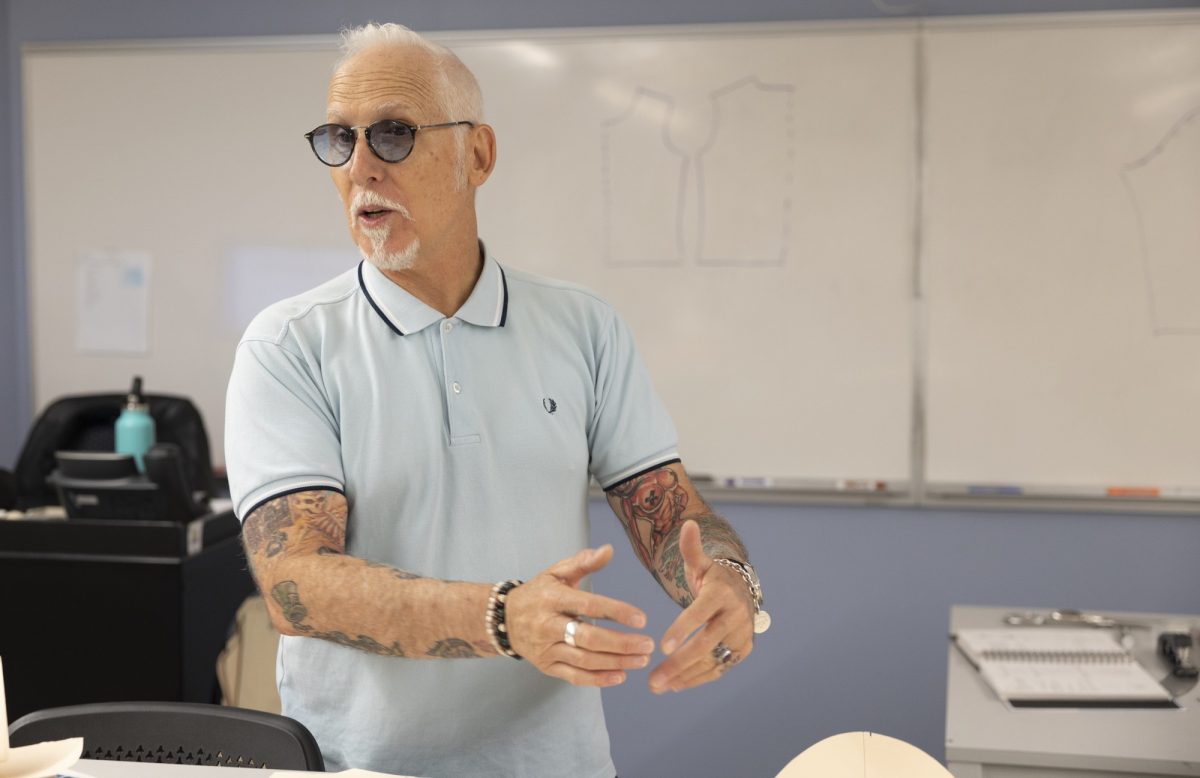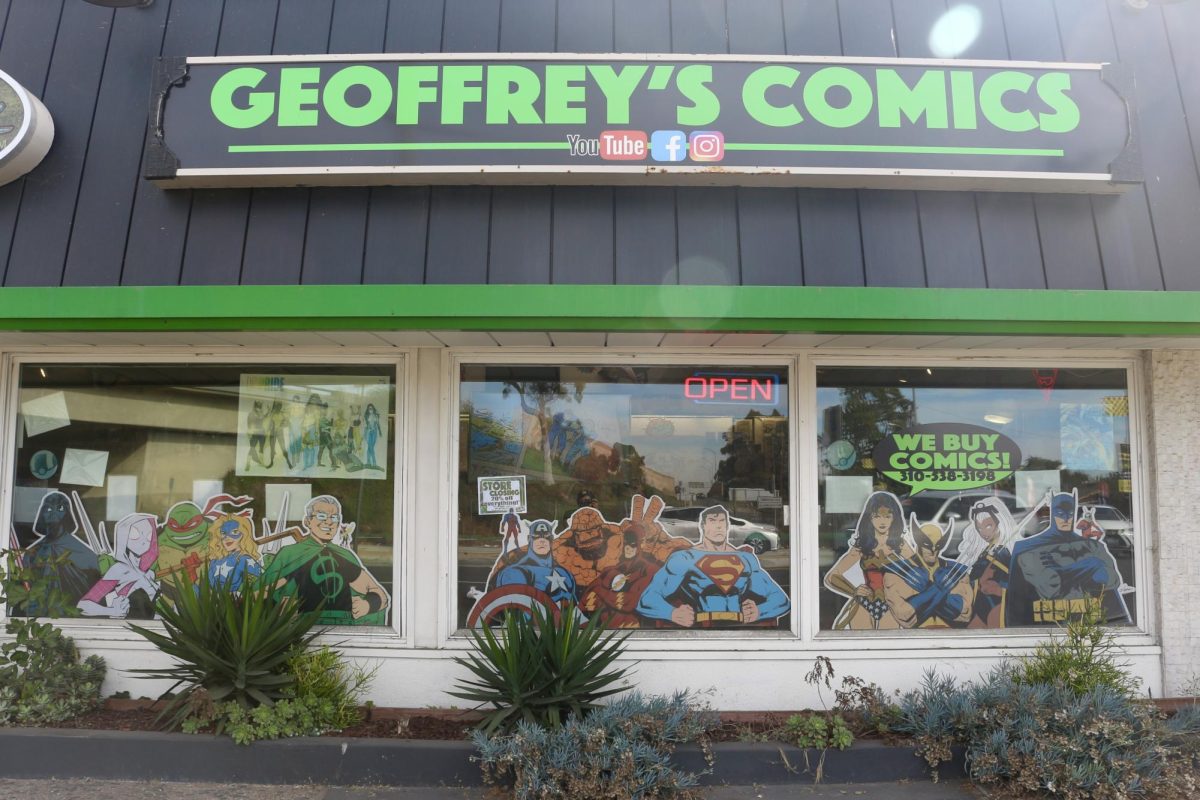“Again?” Jabir says, cutting me off in disbelief.
As I look up, the cabin of his 1991 Honda Accord fills with red and blue light. Jabir was right. I couldn’t believe it. We were getting pulled over for the fifth time that night.
Our crime? Playing late-night basketball with our friends and driving home brown and bearded in America.
In those moments it is hard to process everything that is happening to you. Guilt, privilege, inequity, profiling, shame, anger, rage, confusion.
It is a cocktail of emotions and events that even after nearly 15 years I am still trying to sift through and understand.
In 2006 certain racial, religious and cultural groups were being profiled for being brown and bearded in America. From me, a Sri Lankan Buddhist kid from Los Angeles, to Jabir, the only child of a Puerto Rican and Ethiopian immigrant from Oakland. Many of us were casualties from the fallout of 9/11.
A Minnesota Transportation Security Administration employee assaulting a man because he thought he was Muslim. Henry Clay Glaspell setting fire to a playground outside a mosque in Arlington, Texas. Antonio Nunez-Flores throwing a molotov cocktail at children at an Islamic Center in El Paso, Texas.
Incidents against people that looked like me seemed to escalate to a state of normalcy.
Sept. 11, 2001, gave America the green light for the hatred and xenophobia it craved. Anyone that fit the social tropes, stereotypes or likeness to the terrorists that did those heinous crimes seemed to deserve the same hatred and punishment.
BAP! BAP! BAP!
A matte black Maglite wraps on the car window, miraculously not shattering it.
“How can I help you, officers?” Jabir says. His timbre agreeable, with an undercurrent of frustration.
“I’m going to need you to step out of the car,” the officer says.
“Can I ask why officer?” Jabir replies, his voice laced with a slight quiver.
“Get out of the car… now!” the officer belts.
There’s no better way to eradicate a person’s humanity than treating them like a criminal first and asking questions later.
The officer, let’s call him sgt. Pecker, sprawls Jabir out on the hood of his car like a spatchcocked chicken. He cuffs Jabir and sits him on the wet grass. His basketball shorts now sag after his pockets and waistband have been rifled through. The wet grass begins to soak into his once baby-blue boxer-briefs as he struggles to pull them up.
Pecker relishes dehumanizing Jabir. You can sense this is not his first time treating a human worse than an animal. He feeds off of the fear. Savoring every moment of asserting his dominance.
The lesson I was taught when dealing with law enforcement was, “even if the light’s in your eyes, don’t move your hand to cover it. It might be the last thing you ever do.”
A lesson all black and brown kids have to learn at a young age in this country.
A light shines in my eye.
A second officer, let’s call him trainee Tenderfoot, sneaks up to my window. His hand firmly strangles the throat of his gun. My training returns to me quickly. This is the part where I don’t move.
“I need you to keep your hands where I can see them okay?” Tenderfoot mutters as the uncertainty and panic of the situation mixes in his voice.
“I’m going to need you to slowly get out of the car, OK?”
Unlike Pecker, Tenderfoot isn’t comfortable. The tenseness in his forehead is obvious. The deep wrinkles in his brow squeeze out tiny beads of cold sweat. His eyes dart back-and-forth between his partner, Jabir and myself.
Empathy for Tenderfoot washes over me. God knows a more reasonable response is anger and rage.
As I get out of our car and sit on the uncomfortably angled, hard-plastic backseat of the police cruiser, I can barely see the top of Jabir’s head. I struggle to peer through the small openings in the steel mesh cage and bulletproof glass. The officers are hovering over Jabir talking.
“Why are they doing this to us?” I wonder. We are young men, with good values. Taught to stay out of trouble and to treat everyone with kindness and respect. All we want to do is get home and go to bed.
According to the ACLU, on Nov. 9, 2001, Attorney General Ashcroft directed the FBI and other law enforcement officials to search out at least 5,000 men between the ages of 18 and 33.
The list of individuals was solely compiled based on national origin. Even the Department of Justice acknowledged that it had no basis for believing that any of these men had any knowledge or relevance to terrorism.
The FBI descended upon thousands of Arabs, Muslims and South Asians at their workplaces, homes, universities and places of worship.
The pessimist in me argues that as long as money and power are things that men crave, humanity won’t be able to change.
The realist in me knows that change isn’t a linear curve, but more of a jagged, sharp line on an index tracker.
However, the voice I choose to listen to is the optimist in me.
That even though the recent legacy of brown, bearded men in this country is one of fear and suspicion, our true legacy dates back to one of leaders and kings. We have to fight against oppression and injustices so that we can rise above.
The FBI descended upon thousands of Arabs, Muslims and South Asians at their workplaces, homes, universities and places of worship. The pessimist in me argues that as long as money and power are things that men crave, humanity won’t be able to change. The realist in me knows that change isn’t a linear curve, but more of a jagged, sharp line on an index tracker.
However, the voice I choose to listen to is the optimist in me.
That even though the recent legacy of brown, bearded men in this country is one of fear and suspicion, our true legacy dates back to one of leaders and kings. We have to fight against oppression and injustices everywhere, on behalf of everyone, so that we can rise above those circumstances. We shouldn’t allow these moments to define us, but we should define these moments by how we move forward.


